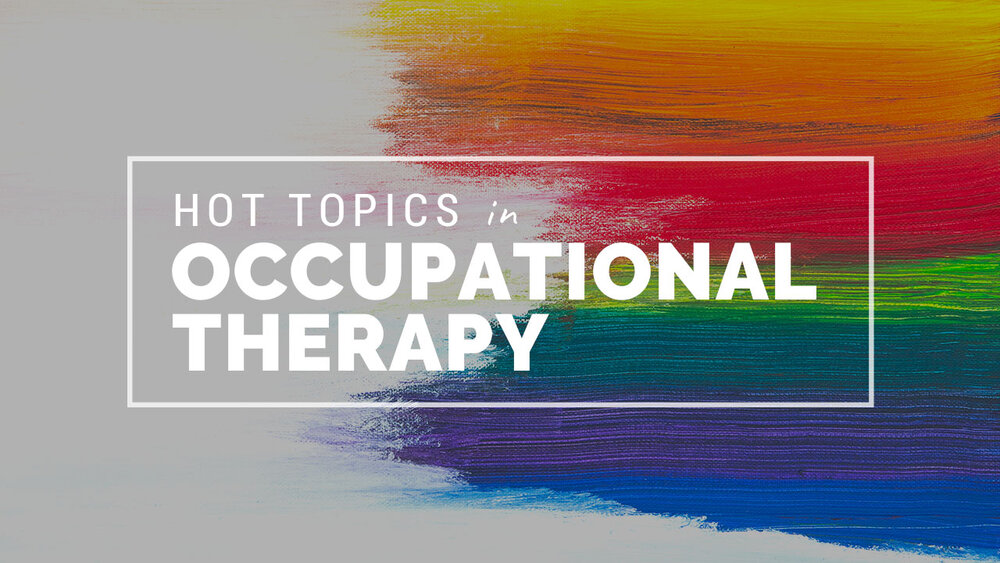
We’re living in conflicted times as OTs. On one hand, we’re having what some would call a moment.
In fact, I’d call it more than a moment!
Based on the most influential OT research coming out, we are seeing that many of our core principles are, in fact, evidence-backed, financially viable, and improving the lives of our patients.
That’s why writing about occupational therapy trends had me giddy at times; I found myself SO excited for what is ahead in our profession, and how we can use the latest findings to level-up our care for our patients.
But, at the same time, we are in an era of major fluctuations and disruptions. The pandemic has brought new challenges and underscored inequities we have long struggled with.
Amidst the swirl of uncertainty, I have felt particularly anchored by the AOTA 2025 Vision. I have found it to be a hopeful picture of where we are headed—and decided to group our trends for 2022 according to its pillars.
Hot topics are evidence-backed (at least they are in my world!).
I also want to preface things by noting that this article is covering hot topics, according to the evidence.
This is a list of my personal reflections, based on reading the 100 most influential research articles from the past five years and discussing them as a community within the OT Potential Club and on the OT Potential Podcast.
Without further ado, let’s chat about these hot topics in OT!
1. We are becoming more effective.
According to the AOTA 2025 Vision, the first pillar of where we are headed is “effective.”
I truly believe that OT is becoming more evidence-based and more effective.
Research continues to expand at an exponential rate. And, evidence-based practice resources are more abundant than ever.
We are learning more about the conditions we treat—and more about what is and isn’t effective for treatment.
When I think about the trend of effectiveness in treatment, there is certainly a push to put our clients in the driver’s seat of their own care.
As OTs, client-centered care has long been an aspiration of ours, but sometimes our old ways of doing things and old systems stand in the way. I wanted to highlight these three discussions below—as they really pushed me to reconsider how we can be even more client-centered and thereby more effective.
2. We are becoming leaders.
In the swirl of change, we’ve realized that if we want to advocate for our individual clients—we also need to be advocates at a systems level.
I am encouraged to see OTs discovering that the problem solving and holistic thinking that makes us effective with individual clients also makes us effective leaders and advocates.
Two voices that really inspired my thinking on this were Amy Lamb and Adam Cisroe Pearson:
3. We are becoming more collaborative.
Being more collaborative ties closely to the first two pillars—as collaboration makes us more effective with our individual clients and more effective as leaders and change makers.
One journal article we reviewed, but didn’t get to discuss on the podcast was Occupational therapists and paramedics form a mutually beneficial alliance to reduce the pressure on hospitals. This article was such a beautiful example of trying new collaborations to create better systems.
On the individual client level, we consistently need the push to listen to our clients before steamrolling ahead with our own ideas. I loved how the conversations with Rafi and Lauren really pushed me to consider the clients as experts in their own health—and to take the time to build a collaborative relationship with them.
4. We are becoming more accessible.
For these last two trends/pillars, I would say that we are just on the beginning of the growth curve.
Part of our goal as occupational therapists is to be accessible to those who need our services.
But, the reality is that there are SO MANY clients who would benefit from our services—who we remain inaccessible to. This may be because of reimbursement, the inconvenience of seeing a therapist, but in some cases it is simply lack of awareness of our offerings.
There are many areas where we are poised to help but are simply missing the mark. This issue came up again and and again on the podcast. Below you will see areas where I believe we need to continue to become more accessible.
5. We are becoming more equitable, inclusive, and diverse.
We are still in the early stages of creating a profession that is more just, equitable, diverse, and inclusive.
If we look closely at this issue we are confronted with the reality that the health care we provide to different populations varies based on factors like race.
We are also confronted with the fact that our profession does not reflect the demographics of the people we serve. Our profession is missing needed voices—and is therefore slanted towards particular points of view.
The three episodes below informed my thinking on this topic, and helped paint a vision of what progress looks like this area.
Closing thoughts
As I reflect on these trends, I feel convicted in the many areas that our profession needs to grow and change.
But, I feel hopeful about where we are going. Particularly when I reflect on the amazing individuals that make up our OT community.
In a year of tough change and uncertainty, the people I’ve been honored to speak to about our profession have inspired and pushed me. Here’s to more growth and learning in 2022!


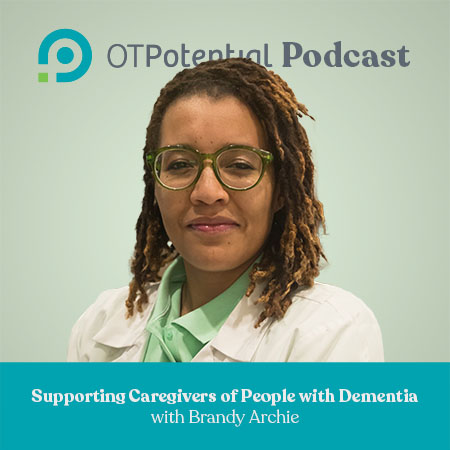
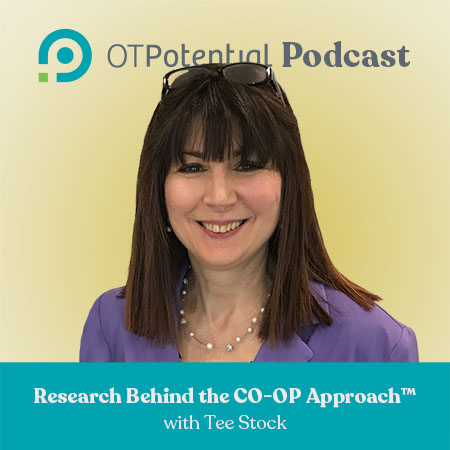
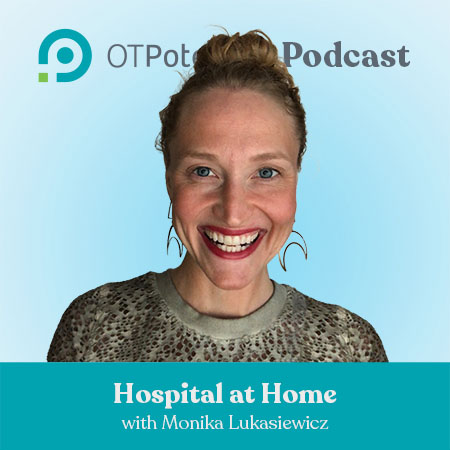
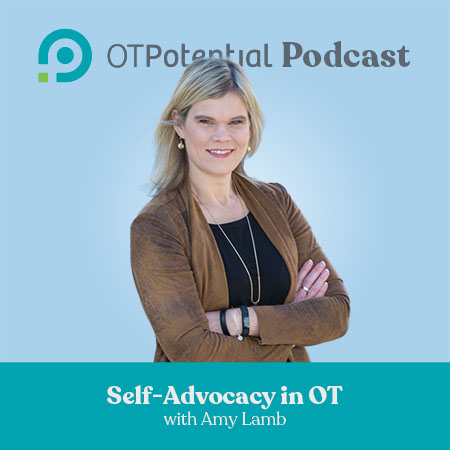
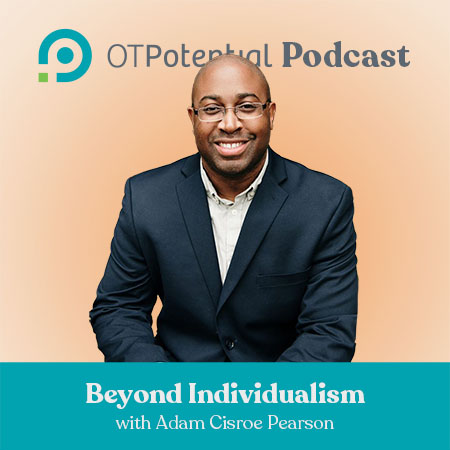
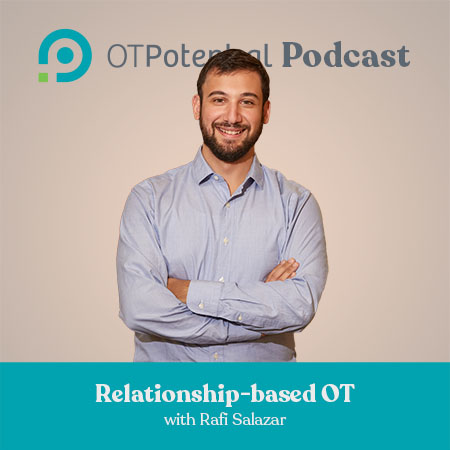
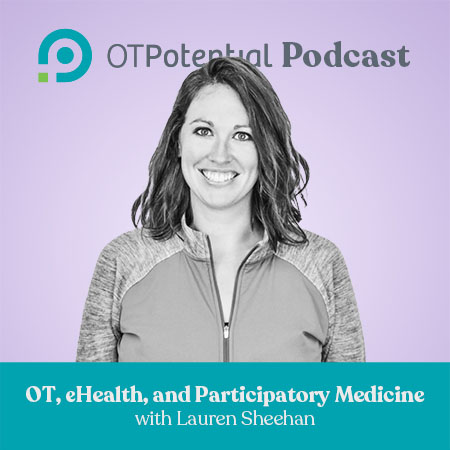

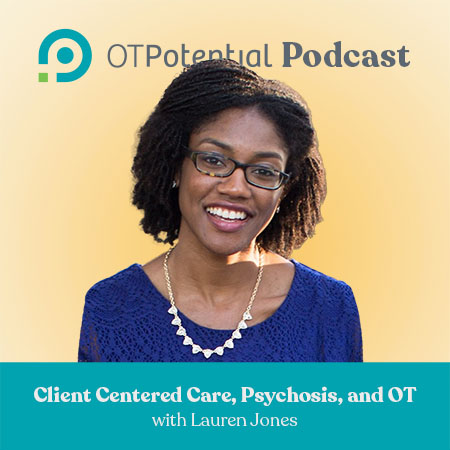
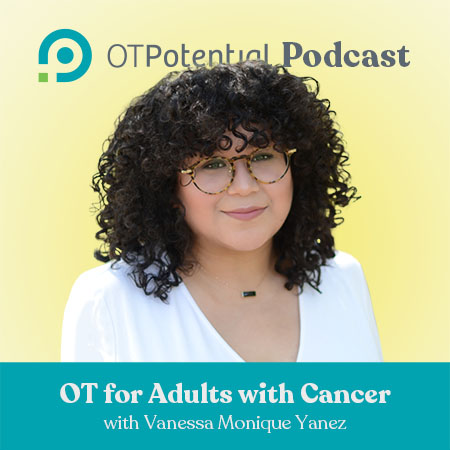
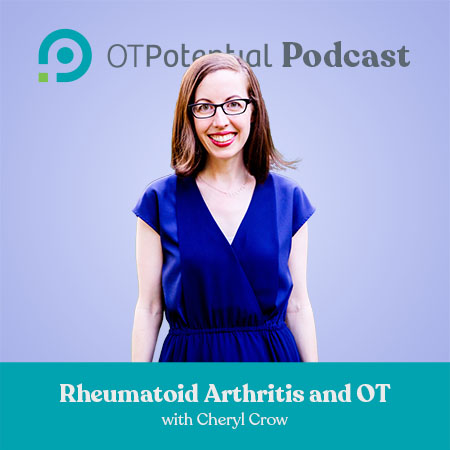
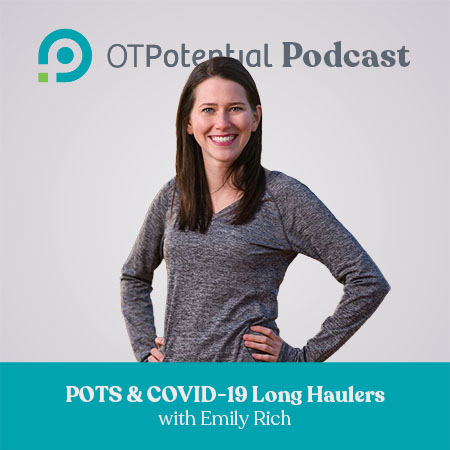
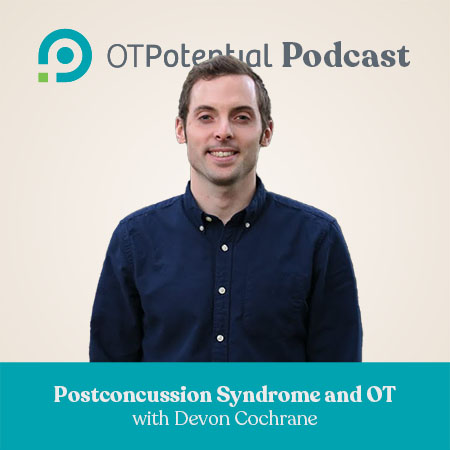
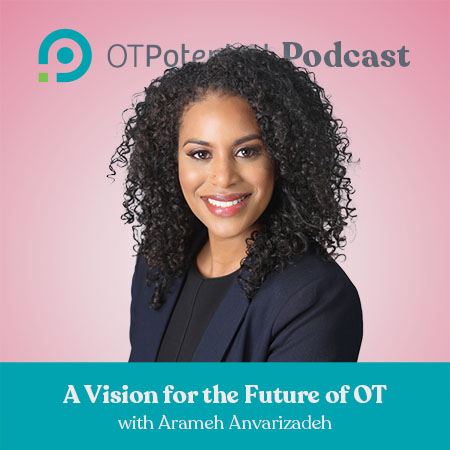
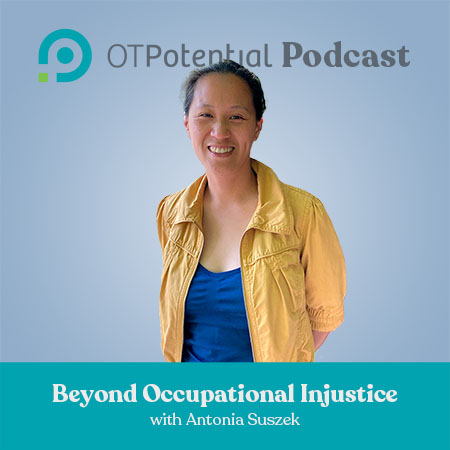
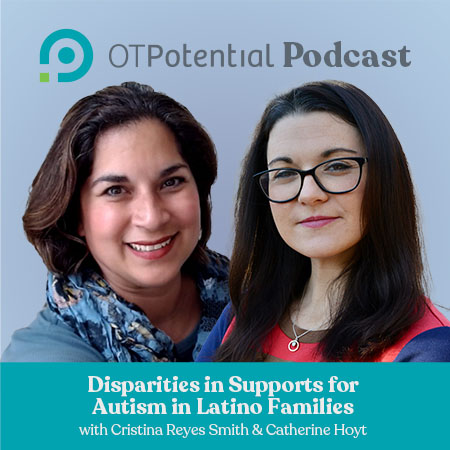
One reply on “Hot Topics in OT (2022)”
Your closing thoughts really hit the elephant in the room! "… lasting change takes time". We are so used to getting what we want instantly.
Active collaboration with patients in letting them problem solve with the base that you’ve gained their trust and showing that you actually care…is an amazing combo!
But planting seeds often gets overlooked…
Thanks for a great article!